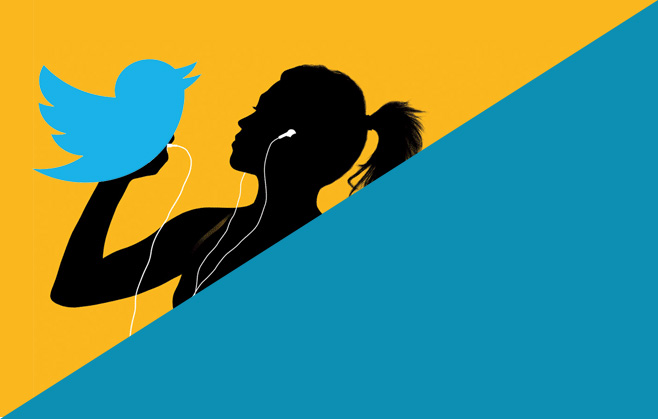
Social Media: The new multi-purpose sites
It goes without saying that Twitter has always been a platform for verbal communication. In fact, it’s where The Practice team head to for links to breaking news, articles, and opinions, much more so than for visual or audio content. But with news that Twitter is set to launch a stand-alone music app later this month, we wonder if digital “convergence” is set to be a huge trend for 2013?
Twitter’s app launch follows its acquisition of music discovery service We Are Hunted towards the end of last year. We Are Hunted is a software company that scans data from across the web, offering users the chance to stream and share the latest and hottest music across multiple devices. Now, Twitter is looking to build upon similar technology used by We Are Hunted, to create the new app entitled Twitter Music. The service will offer a “Suggestions” tab, with categories such as “Popular”, “Emerging” and “Now Playing”.
The Practice team think this is a great move for Twitter, marking them out as more than a social media platform; rather, they’re emerging as a powerful multi-media company. And it makes sense too, as the site plays host to the Twitter accounts of some of the most influential figures in the music industry. For example seven out of the top 10 most followed Twitter users hail from the music scene with Justin Bieber currently ranking top with 35.9 million followers.
But what does this mean for the already saturated and highly competitive music market? Twitter Music’s largest competitor will most likely be Spotify, although CEO of the digital music service, Daniel Ek, states he doesn’t fear the new onslaught of competition: “We breathe, eat, and sleep music. These bigger companies don’t”, he remarked. While this may be, YouTube also announced plans last week to compete with Spotify, and of course, it will soon face further competition from Twitter Music. The subscription service will most likely feature many similarities, but luckily for Twitter whose service will be compatible with Apple technology, YouTube is set to complement Google Play, Google’s music platform for Android.
And is Facebook intent on jumping on the trend? While its new news feed promises diversification towards visual services and content, it will also feature a dedicated feed to enable easier music integration, most likely with services such as Spotify and Rdio. As of yet, Facebook still relies on third-party streaming services, but if any of its recent Twitter-feature “poachings” indicate- (ie. hash tags), The Practice team predict it won’t be long before Facebook also look to expand with a stand-alone music app, if only to generate a little competition and maintain relevance.
Are you intrigued and excited by the prospect of Twitter’s digital music service? And do you think social media platforms are gradually moving away from their initial purposes in order to join the realms of larger multi-product companies? We’d love to hear your thoughts, so please tweet to us @PracticeDigital and connect with us via our Facebook page.




